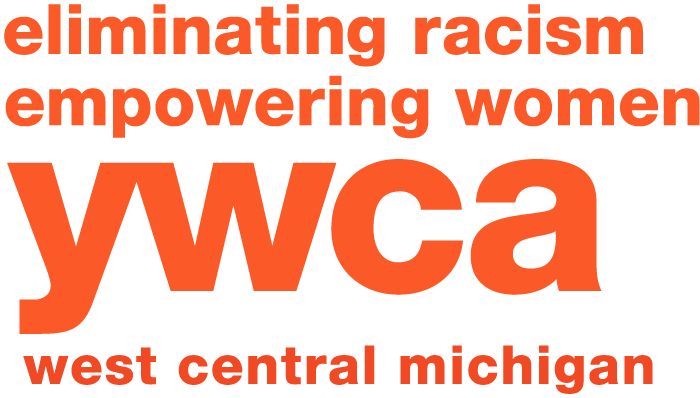For Disability Services Staff
Disability services staff can be the first person a victim turns to after they have experienced assault.
Disability service staff are important supports for individuals with intellectual and developmental disabilities. However, in a recent needs assessment conducted by WEAVE, many staff members noted that they feel unequipped to respond to individuals who have experienced sexual assault. Staff noted a great need for training around topics such as response to individuals who have experienced sexual assault or trauma, healthy relationships, and safe sexuality for people with disabilities.
To address this need, members of WEAVE collaborated to create a three-part series of training videos, specifically for disability services staff. The goal of this training video series is to provide disability services staff with the knowledge and tools to identify and respond to sexual assault with a trauma-informed, Culture of Gentleness approach. Though these videos were created with disability services staff in mind, guardians, police officers, doctors, nurses, teachers and others can also benefit from learning about the topics covered here.
For questions about these videos or about training opportunities offered by WEAVE, please contact the WEAVE Program Manager, Michelle Bickford, LMSW, at mbickford@ywcawcmi.org or 616-426-3752.
***Please be aware that these videos include descriptions of sexual violence. It is important that you take care of yourselves as you view them. In general, discussion of sexual assault and abuse can be difficult to hear and bring up painful memories. If you’re not comfortable watching these videos, please talk to your supervisor or call the YWCA helpline: (616) 454-9922.
Click to Download:
WEAVE – Video Discussion Guide
Part 1 of 3: An Overview of Sexual Assault
This video will:
- Define sexual assault
- Describe dynamics relevant to the higher rates of sexual assault for people with intellectual and developmental disabilities than for those without disabilities
- Identify grooming tactics
- Learn some signs and symptoms of sexual assault
- Explain why disclosure can be difficult for those with intellectual and developmental disabilities.
Part 2 of 3: Understanding the Effects of Sexual Assault
This video will:
- Explain the lasting impact of sexual assault
- Describe the unsafe/unhealthy messages experienced by survivors of sexual assault
- Explain how trauma can result in our brain learning to be self-protective
- Describe how the WEAVE perspective provides guidance on how we can contribute to recovery for survivors
Part 3 of 3: Promoting Safety and Responding to Sexual Assault
This video will:
- Offer steps to becoming a safe person
- Describe ways to create a safe environment
- Identify tools for supporting survivors
- Provide guidelines for making a report
